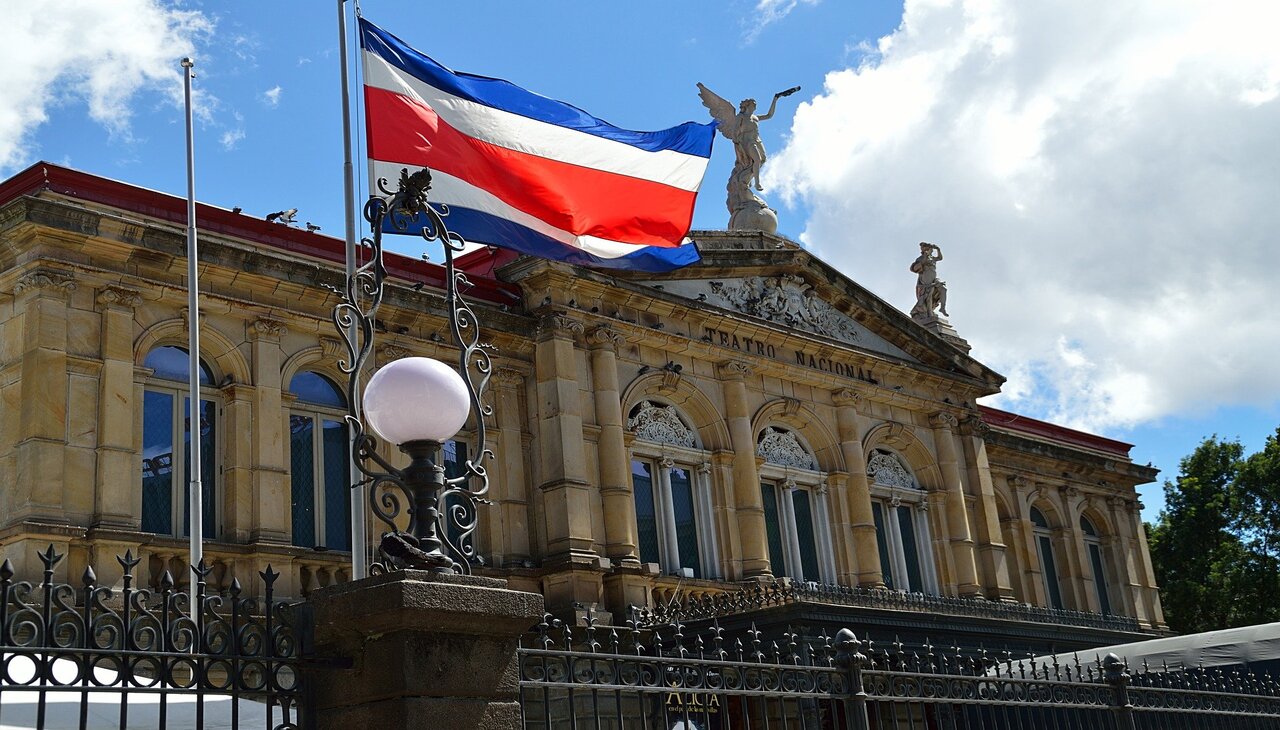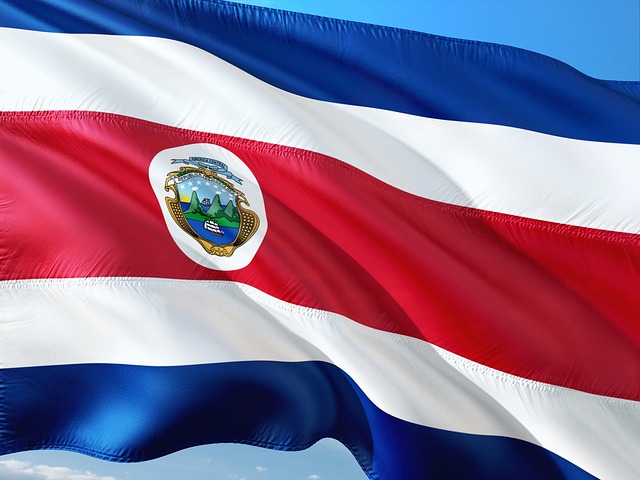
Costa Rica elections: Indecision dominates polls
The successor of Carlos Alvarado Quesada was elected in Latin America's first elections of 2022.
With a large number of candidates, the presidential elections were held in Costa Rica on Sunday, Feb. 6.
In total there are 25 candidates, a number that deepens the doubts of the voters, who had not picked a clear winner in polls prior to Election Day one.
Wélmer Ramos, candidate of the current president, Carlos Alvarado Quesada, was not among the favorites because of the low level of approval of the current administration that marked its worst figures in November of last year. The center-left candidate registered less than 1% in polls.
According to the latest survey conducted by the Center for Research and Political Studies, CIEP, of the University of Costa Rica, no candidate exceeded the threshold of 20%of the vote, which makes a second round necessary. Going in, 41% of voters also said they didn't know who they would vote for.
#EstudioDeOpinion I. ¿Su intención de voto ha cambiado? Conozca cómo se ha comportado la intención de voto a lo largo de las últimas encuestas.
— Centro de Investigación y Estudios Políticos (UCR) (@CiepUcr) February 2, 2022
Informe completo en: https://t.co/LCokJ0y67K pic.twitter.com/jRBLjLuWYy
Costa Rica in 2022
Despite being one of the most stable countries in the region, the COVID-19 pandemic exacerbated the economic problems Costa Rica had already been experiencing
Since 2020, unemployment rates have skyrocketed, especially due to the global tourism crisis, one of Costa Rica's main sources of income. According to the World Bank, the Costa Rican economy also suffered its biggest contraction in 40 years. In March of last year, the International Monetary Fund approved a loan of more than $1.7 billion to boost the economy.
Regarding the pandemic, Costa Rica has confirmed nearly 700,000 cases and more than 7,500 deaths. Around 72% of the population is fully vaccinated.
RELATED CONTENT
In addition to the president, the 57 deputies of the country's Legislative Assembly and two vice presidents were also up for election.

Favorites?
With indecision being the story, especially due to the large number of candidates, experts predicted a holding of a second round.
In pre-polls, José María Figueres, from the center-left National Liberation Party, like the current administration, led at 15% of the vote; Lineth Saborío, from the center-right Christian Unity Party, had 13.7%; the right, represented by Fabricio Alvarado of the New Republic Party, had 10.6%; the left, with José María Villalta from the Broad Front had 7.6%.
In the end, Figueres was the victor, with a little more than 27% of the vote. His surprise challenger in the second-round runoff will be Rodrigo Chaves, a former finance minister who edged out Alvarado to come in second with 16.6% of the vote.
A second round
With none of the candidates reaching 40% of the vote, a second round will be held on April 3, 2022. Figueres and Chaves will be the two to choose between.
More than 3.5 million Costa Ricans were eligible to vote in the election, including more than 125,000 new voters. The polls were open on Sunday, Feb. 6 between 7 a.m. and 5 p.m.










LEAVE A COMMENT: